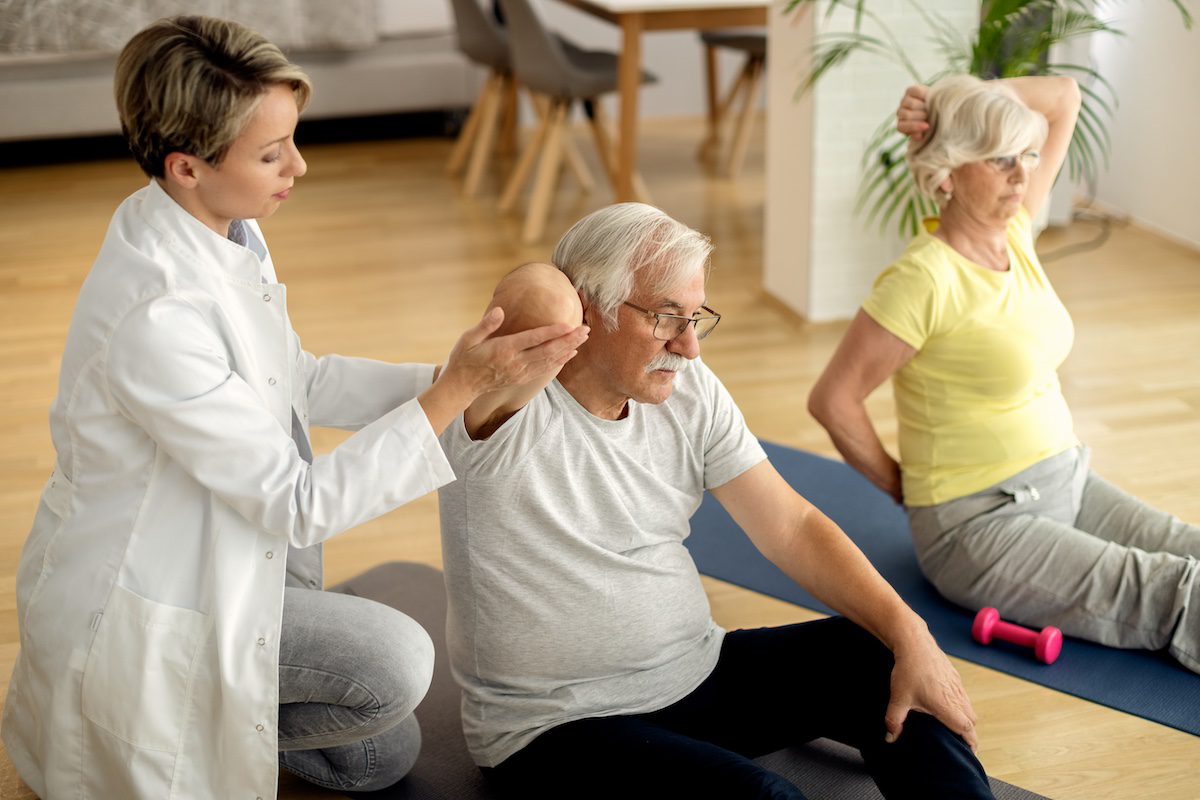If you’re a caregiver for a family member or loved one, chances are your car is an important part of that role. And if your car is not well-suited, it can make your job a lot more difficult. What makes a caregiver-friendly car? If you’re making a change, ask these questions before choosing your next vehicle.
Is the car you’re considering:
1. Back-friendly?
What characteristics do you need to have for the sake of your back? Your car can help or hurt you in this department. Some things to consider:
-
Height of the Car
If your loved one has to be lifted into the car, the wrong height can be a problem. Choose a vehicle you can easily move them in and out of. Very low-set cars take too much bending. Elevated trucks or SUVs can take too much lifting. Avoid these. Consider mid-height vehicles like midsized SUVs, minivans, or larger sedans.
-
Seat Placement
Even if the height is good, check the seat placement and comfort. Some seats are placed a few inches further inside the door. This can make trouble for your back. It’s a good idea to practice this with your loved one before buying.
-
Ease of Loading Equipment
Once you get your loved one in the car, you often have to load equipment, too. Make sure you can do this with as little strain as possible. While larger vehicles may have more space, sometimes they are also higher. That can mean more lifting for you. A large sedan or SUV may tick all the other boxes, but if the trunk is too high, it may be a problem.
2. Equipment-friendly?
On that note, make sure there’s room for the equipment you need. Consider that you may need to carry:
-
Wheelchair
Your loved one may or may not be confined to a wheelchair. If so, practice getting it in and out. If not, consider that they may need a wheelchair at some time. It’s a good idea to have the room just in case.
-
Walker or Cane
If they use a walker and are able to, consider whether they can load and unload it themselves. Activity and independence are always good things! If it’s just a cane, make sure there’s room next to the seat. Also, you might think about a way to keep it from falling between the seats!
-
Oxygen or Other Dispensing Equipment
These kinds of things are always changing. Depending on your loved one’s needs, this may or may not apply. But if so, just make sure they can get in and out with it. Verify that there is room next to their seat. You want your loved one to be as comfortable as possible.
3. Dementia-friendly?
If you care for a patient with dementia, there are many special considerations. Your car is no exception. Remember that dementia patients may need to:
-
Ride in the Back Seat
Due to heightened sensitivity to light, speed, & motion, the front seat may not be safe. Riding in the back seat can reduce the anxiety & confusion caused by these things. This is not only a comfort issue but a safety issue as well. Make sure the back seat has plenty of room and is comfortable. This is another reason many caregivers use minivans. Minivans may have comfortable, adjustable, and even heated rear seats. Your loved one will thank you!
-
Have Restricted Access to Doors & Windows
Patients with mild to moderate dementia have been known to open car doors while in motion. Make sure your vehicle has a “child-proof” lock setting and engage it. Power locks and windows are also good. You may want to keep windows locked so you can control them.
4. Age-friendly?
As caregivers, most of us carry older adults in our vehicles. Older adults have specific needs. In choosing a vehicle, here are some items to look for just for your older passengers.
-
Keyless Entry
This can make so much difference getting in and out of the car. If you’re loading equipment or just personal items, it can save you a trip or at least some trouble.
-
Power Seats
You may need to adjust the seat every time your loved one rides with you. Power seats make this much easier. In addition, power seats usually can be height-adjusted, which really helps older adults.
-
Memory Seats
If you can store your loved one’s settings, this can save you lots of time. In addition, seats with memory settings often have a separate setting for getting in and out, which can be very helpful.
-
Heated/Cooled Seats or Separate Temperature Controls
Many older adults have difficulty adjusting their body temperature. Once your loved one gets overheated or chilled, it may be quite an ordeal to get them regulated. A heated or cooled seat can be a great benefit for them. If not, at least look for separate temp controls for passenger and driver.
-
Handles!
You probably already thought of this one if you ever have older passengers. Older adults can do without a lot of things, but something to hang onto isn’t one of them. Feeling secure and steady is extremely important to their well-being. Make sure your vehicle has something for them to grasp getting in and out and riding. Without this, there may be a tendency for them to grab the door handle. That’s not a good thing.
The Perfect Car
You may not find (or want to pay for!) the perfect care-giver’s car, and that’s ok. But thinking about all the transportation needs of your loved one is key. Make sure you do all you can. These ideas can make transportation easier for them, and for you as well!
Caregiver in Tulsa, Oklahoma
If you are a caregiver, or if you have a loved one who may be in need of hospice or palliative care, we are here for you. Please do not hesitate to call us at 918-745-0222 today. At Seasons Hospice in Tulsa, Oklahoma, we are here to help your loved one, and to help you as a caregiver. We specialize in the care of terminal patients as well as those with other debilitating conditions. Our caring, professional staff are here to answer all your questions regarding hospice, palliative care, and caregiver support.






